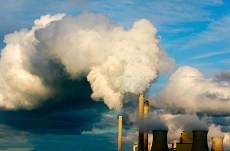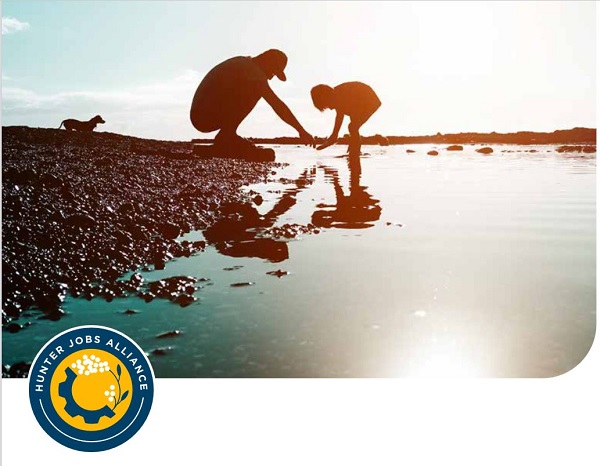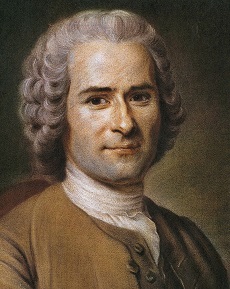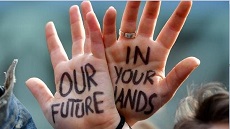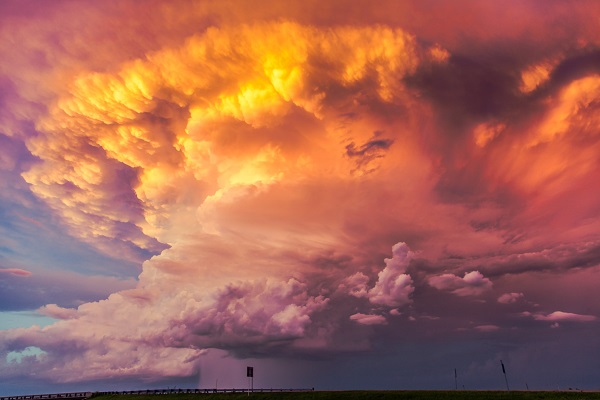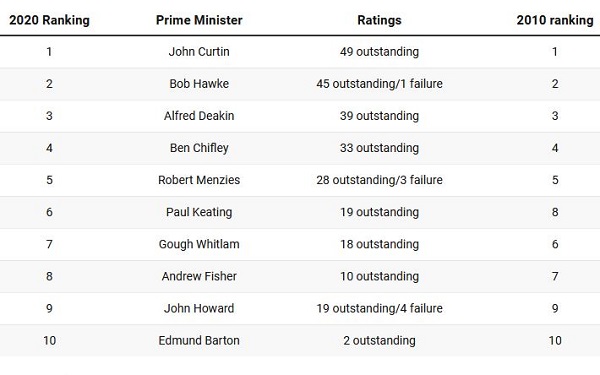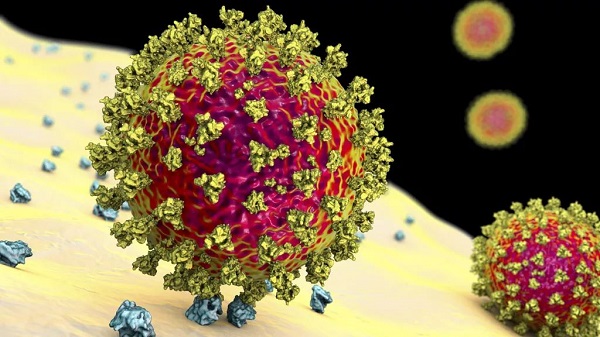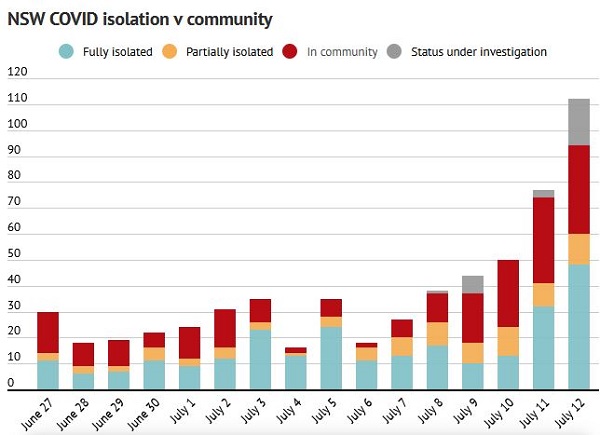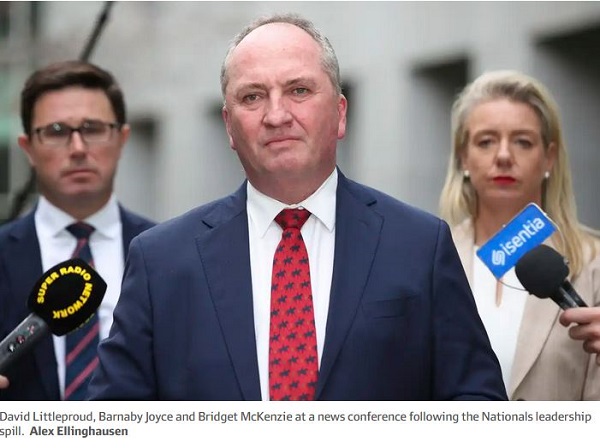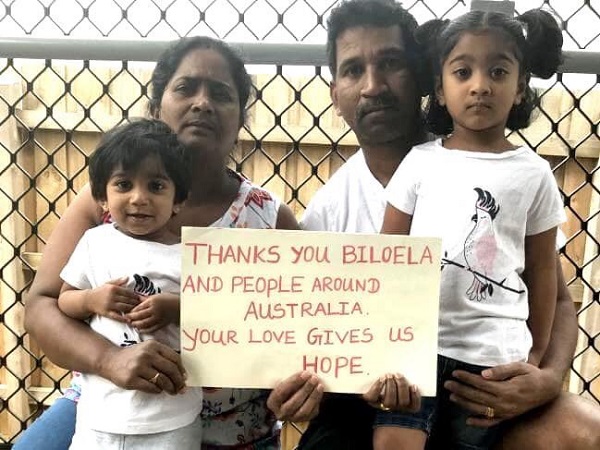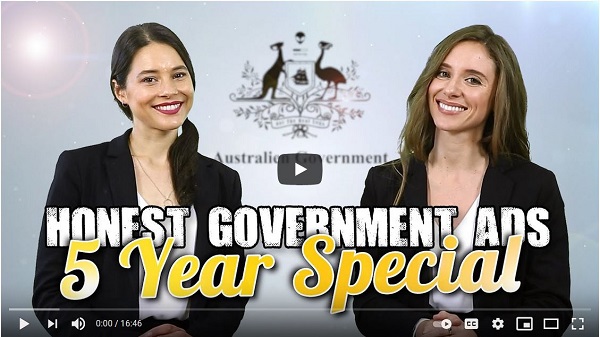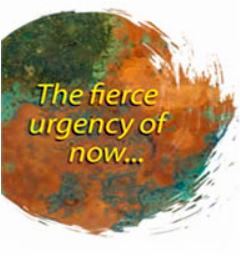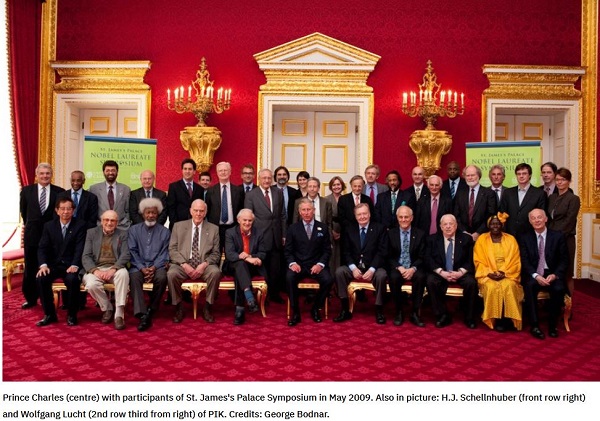Michael McGowan and Anne Davies had the story on Friday 1 Oct 2021 NSW premier Gladys Berejiklian resigns after ICAC announces investigation:
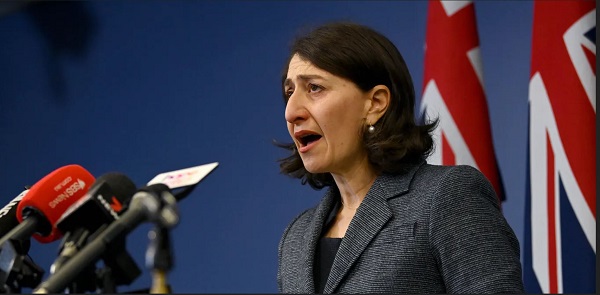
(Image from Michelle Grattan’s story at The Conversation.)
I think her greater misdemeanor lies elsewhere. However her demise has further trashed politicians and politics in the public mind, opening opportunities for independents, and minor parties in so far as they present as people who are not politicians.
This is not good for democracy. Continue reading Gladys goes. What does that mean for us?

